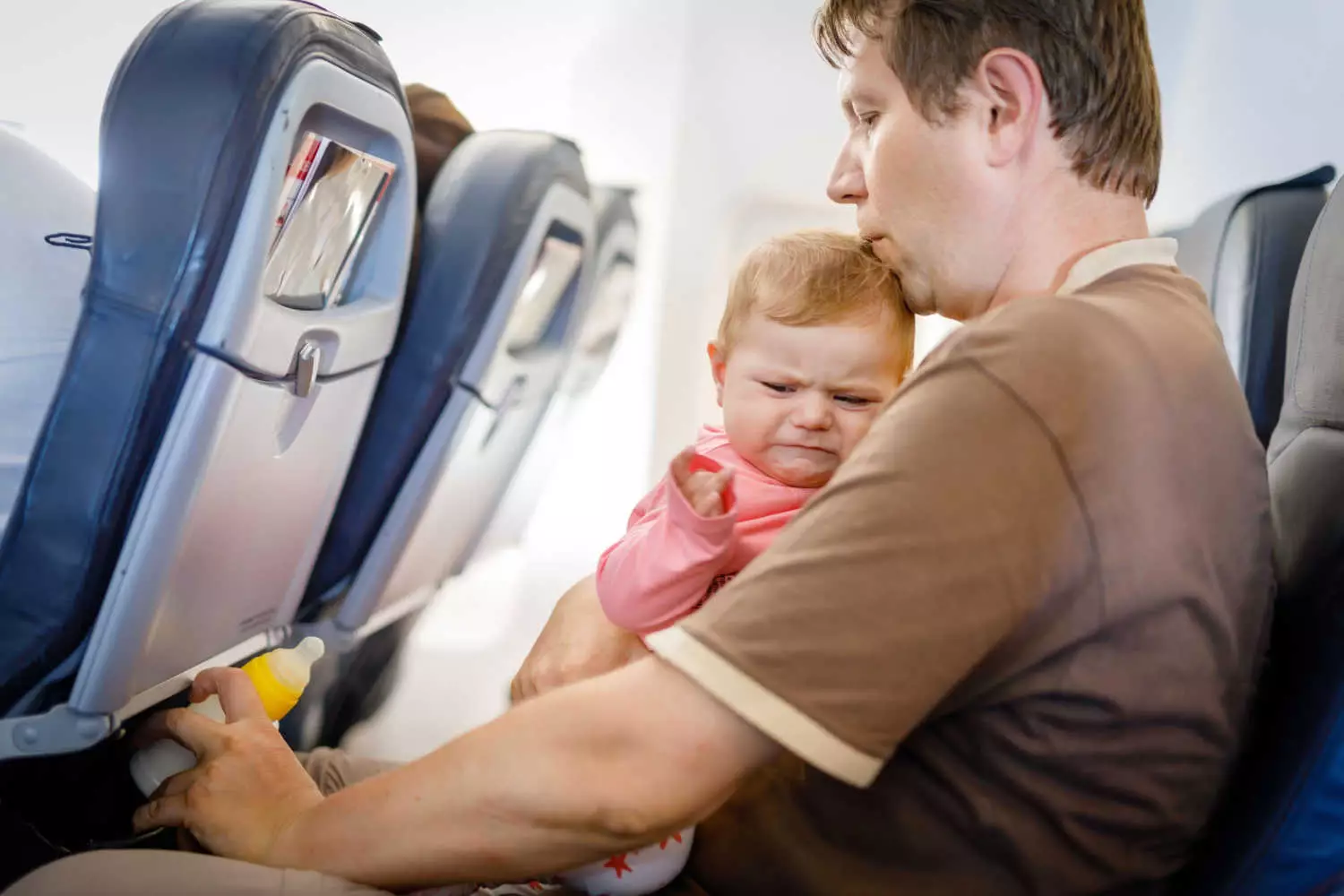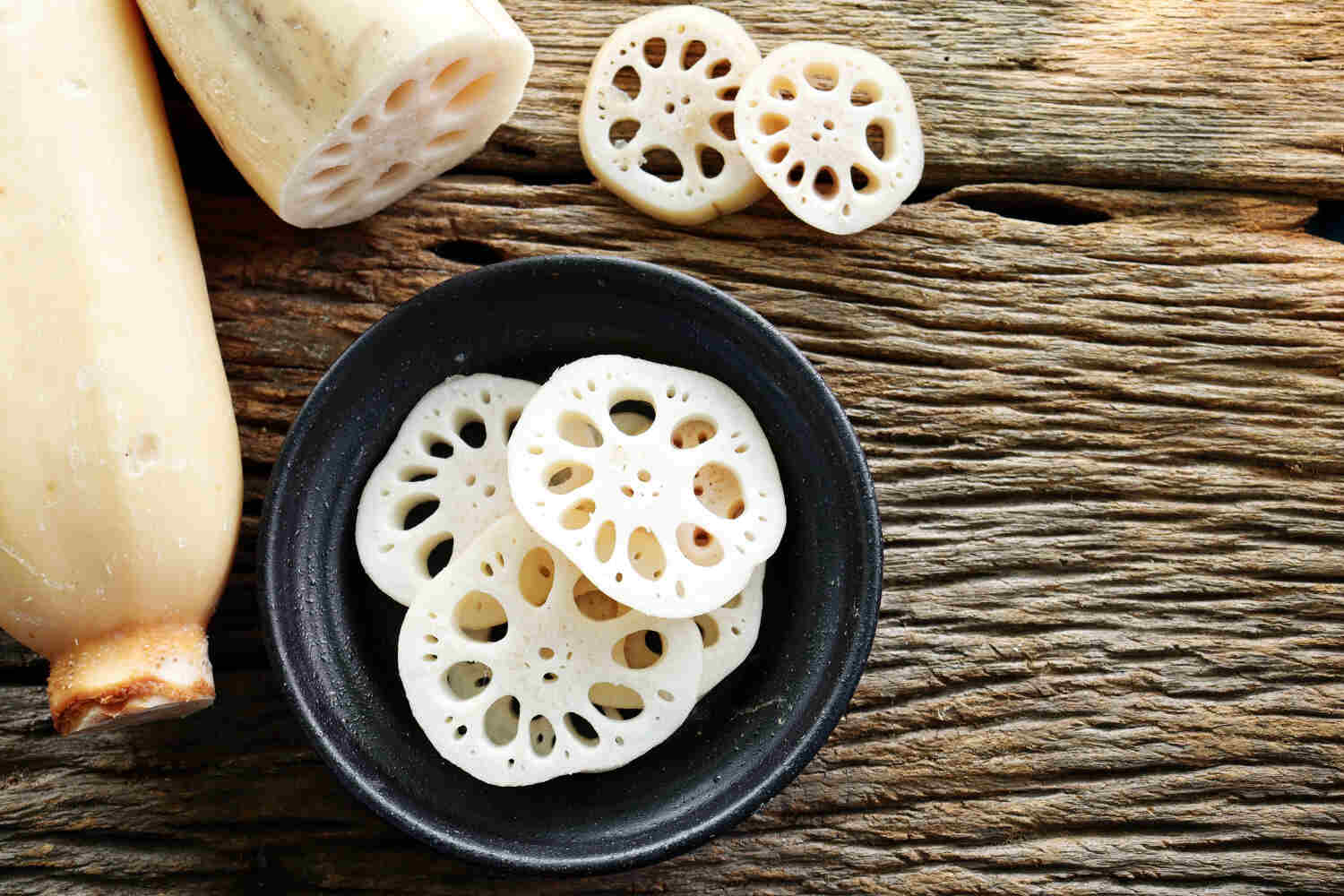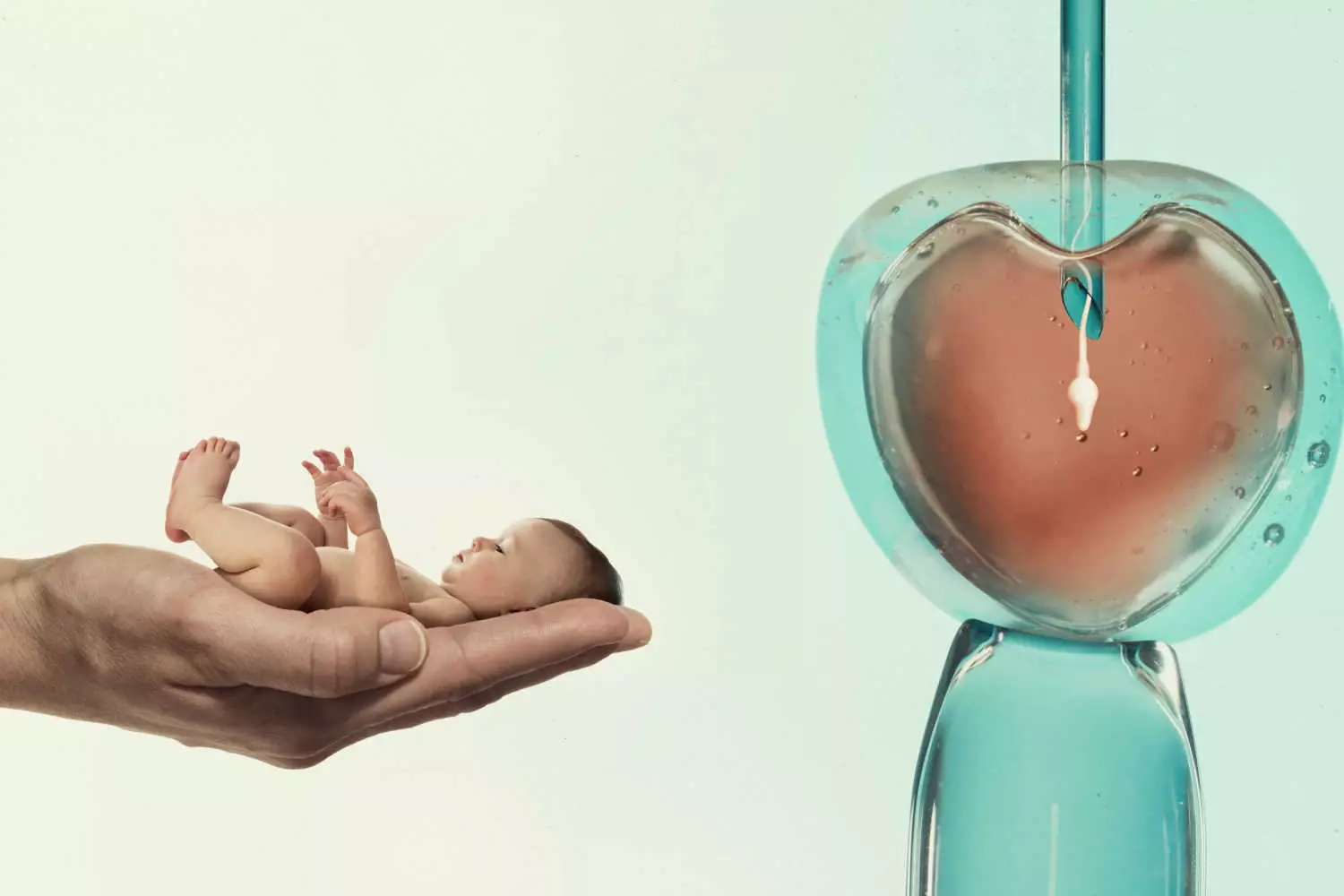
Urinary Tract Infection in Babies – Causes, Symptoms & Treatment
7 min readWritten by Editorial Team


To ensure a safe and healthy lifestyle for their baby, the mother will take many precautions – picking out fruits and vegetables carefully, sterilizing plates and utensils, keeping track of the baby’s daily routine, etc. They are also aware of the microorganisms that enter the baby’s body through the mouth, nose, and ears causing infections resulting in cold, fever, stomach upsets, earache, etc. But urinary tract infection in babies is common too.
Most mothers will take necessary precautions to shield their babies from various infections. However, even with all that, there is one thing that these mothers tend to forget. There is another hotspot for microorganisms to enter the body – the urinary tract. Urinary tract infection or UTI is a typical issue among babies who are under two years. Before their fifth birthday, around 8% of baby girls and around 1-2% of the babies experience at least one UTI. Recurrent UTIs are also common among babies.
In This Article
- Urinary Tract Infection In Babies
- Types Of Urinary Tract Infection in Babies
- Causes of Urinary Tract Infection In Babies
- Symptoms Of Urinary Tract Infection In Babies
- Why Are Baby Girls More Prone To UTI Infections?
- How Is UTI In Babies Treated?
- How Can I Protect My Baby From Urinary Tract Infections?
- FAQ’s
Urinary Tract Infections In Babies
A urinary tract infection is an infection caused by bacteria in the urinary tract of a baby.
The urinary tract consists of
- Kidney – where the urine forms
- Ureter (one tube that starts from each kidney) – which carries urine from the kidney to the urinary bladder. The bladder stores urine until the body is prepared to expel it, and
- Urethra – the tube that carries urine from the bladder out of the body.
Urinary tract has two parts
- Upper Urinary Tract: This consists of the kidney and ureter
- Lower Urinary Tract: This consists of the urinary bladder and urethra
A urinary tract infection can happen anywhere along this tract. However, the lower part — the urethra and bladder — are more common sites of infection.
Types Of Urinary Tract Infection in Babies

Three types of UTIs in babies. They are
- Cystitis: A type of UTI in which the urinary bladder of the baby is affected.
- Pyelonephritis: In this type of UTI, the baby’s kidney is infected.
- Urethritis: Here, the urethra of the child is infected.
Causes of Urinary Tract Infection In Babies

Bacterial infection and abnormality in the urinary tract are the reasons that trigger UTIs among babies. Bacteria, which usually dwell in the large intestine, will be present in the poop of the baby. These bacteria have several chances to enter the urinary tract. It can get into the urinary tract through the urethra or through lymph and blood.
If it enters the body through the urethra, the lower urinary tract is generally infected.
If it gets into the body through lymph and blood, kidneys and bladder are mostly infected (which is more serious). In short, irrespective of the way the bacteria enter the urinary tract, if the urine-carrying bacteria is not disposed of in the body within a certain time (through urination), it UTI in babies.
Here are some ways through which the bacteria get into the urinary tract of the baby:
- An unchanged soiled diaper paves an easy way for the bacteria to enter the urinary tract through the urethra
- After toilet training, if the baby girl does not clean the bottom properly, the chance of infection increases as the urethra is much closer to the anus.
UTI Due To Structure And Function Of Urinary Tract
Issues with the structure or function of the urinary tract can also cause UTIs in babies and young children. Issues that affect the body’s capacity to banish urine from the body include:
Vesicoureteral Reflux

The usual flow of urine starts from the kidney through the ureters to the urinary bladder. This one-way flow happens because of a flap-like valve situated between the ureter and bladder. In some babies, due to several reasons, this valve will not work properly.
This will result in a condition called vesicoureteral reflux, the reverse flow of urine (from the bladder through the ureter into the kidney). If this happens, the bacteria that is present in the urine stored in the urinary bladder moves to the kidney through the ureter. This can result in kidney infection, which is a really dangerous matter.
Dysfunctional Voiding
Some kids clutch the pee and delay setting off to the washroom. They hold the sphincter muscles tight to keep playing or doing what they are engaged in. When they are not able to wait longer, they hurry to the lavatory.
However, most of the time, they may not be able to unwind their muscles enough to guarantee the complete expelling of urine from the bladder. This causes urine to remain in the bladder, which may bring about bacterial development.
Obstructions In The Urinary Tract

The flow of urine can be obstructed due to any structural abnormalities in the urinary tract of the child. Kidney stones can also cause urinary blockage. This results in an accumulation of urine in that part of the track, which can lead to an infection.
Constipation
Babies who experience constipation are more prone to catching urinary tract infections. During constipation, the stool turns out to be hard and dry. This solid stool applies pressure on the urinary tract, obstructing the flow of urine. Therefore, the chance of flourishing and multiplying of the bacteria increases, prompting the infection.
Tight-Fitting Bottom Wears
Wearing tight-fitted bottoms, especially for boys, can result in blocking urine and thereby increases the chances of UTI.
Symptoms Of Urinary Tract Infection In Babies

The signs of UTIs differ depending on the area of the infection and the age of the kid. Here are some of the signs in children based on their age:
| Symptoms Of Urinary Tract Infections In Babies | |||||||
|---|---|---|---|---|---|---|---|
| Babies aged under two months | Babies above two months to two years old | ||||||
| Fever, Inability to thrive | Fever | ||||||
| Vomiting | Vomiting | ||||||
| Jaundice | Pain in abdomen | ||||||
| Unexplained persisting irritability | Unexplained persisting irritability | ||||||
| Not feeding satisfactorily | Poor feeding and changes in appetite | ||||||
| Cloudy or bloody urine | Strong odor of urine | ||||||
| Baby cries during urination | Cries when urinating | ||||||
Why Are Baby Girls More Prone To UTI Infections?

Baby girls are at a higher risk than baby boys because the urethra of the girls is shorter and nearer to the rear end (anus). Wiping and cleaning from back to front after a bowel movement (especially during the time of toilet training) increases the chances of infection in girls as it is easier for microorganisms to enter the urinary tract.
How Is UTI In Babies Treated?

Once your baby shows the symptoms of UTI, see a pediatrician or pediatric nephrologist. Your doctor may prescribe antibiotic syrups. The duration of medication and its dosage will depend on the kind of bacteria causing the infection and the severity of the infection
After finishing a course of antibiotics, your pediatrician may ask you to repeat the urine tests to confirm the infection is no longer there. It is vital to ensure that the infection has gone completely since a reinfection can be more difficult to cure. Babies younger than 30 days old with UTIs may need hospitalization.
How Can I Protect My Baby From Urinary Tract Infections?

Here are a few steps that help to protect the baby from urinary tract infections.
- Change The Diapers Often: Change the diapers as soon as they get wet. Remember, a wet diaper if not changed on time can be a hotbed of the microbes that cause UTIs.
- Breastfeeding: Breastfeeding can help to prevent UTIs in the baby until they turn 6 months.
- Proper Wiping (for baby girls): When wiping, remember to wipe from front to back, rather than back to front. This will help to keep germs from spreading from the rectum to the urethra.
- No Bubble Bath (for girls): Bubble bath increases the chances of bacteria getting into the urethra.
- No Tight Clothing: Make the baby wear cotton clothing, which is not too tight. Wearing tight clothes increases the chances of bacteria getting into the urethra.
- Keep Your Baby Hydrated: Encourage babies older than 6 months to drink enough water. Increased frequency of urination along with expelling the urine completely from the bladder decreases the chances of UTI. Packaged juices and fizzy drinks are not good for babies and do not count as hydrating drinks.
- Give Them Food Rich In Fiber: For babies older than 6 months, including fiber-rich foods can help keep UTIs at bay.
UTIs in babies are normally simple to treat. However, if left untreated, they can bring about long-lasting kidney damage and even kidney failure. Studies prove that babies under age 2 are more prone to serious renal damage than older ones. Therefore, it is important to diagnose and treat UTI in the baby at the earliest opportunity.
FAQs
1. Can Diaper Cause UTI In Babies?
Yes, diapers increase the chance of babies contracting UTI. The risk increases further when the frequency of changing diapers decreases.
2. Will Baby UTI Go Away On Its Own?
UTIs in babies need medical attention. It is not possible for these infections to heal without treatment. UTIs are treatable with antibioticss and can resolve within a week. Antibiotic treatment is important to eliminate infectious microbes and restore health in babies.
3. What Does Baby UTI Smell Like?
Infant urine with a urinary tract infection has a pungent, almost ammonia-like odor.
4. Can Baby Wipes Cause UTI?
UTIs are always caused by bacteria. Only if baby wipes are contaminated with germs may they cause urinary tract infections. Baby wipes contain alcohol, which destroys germs, therefore they are unlikely to cause urinary tract infections.

Editorial Team,
With a rich experience in pregnancy and parenting, our team of experts create insightful, well-curated, and easy-to-read content for our to-be-parents and parents at all stages of parenting.Read more.
Responses (0)
Want curated content sharply tailored for your exact stage of parenting?
Related articles

Jet Lag in Babies – Signs and Tips to Cope

Psoriasis and Breastfeeding – Is it Safe, Treatment & Tips to Manage

Lotus Root For Babies – Is is Safe, When to Introduce and Top Benefits

Top 7 Tips to Bond With Your IVF Baby

Seizures In Babies – Causes, Types, Diagnosis & Treatment

Top Activities For a 8 Month Old Baby – Benefits and Tips For Parents
Sponsored content
Discover great local businesses around you for your kids.
Get regular updates, great recommendations and other right stuff at the right time.





